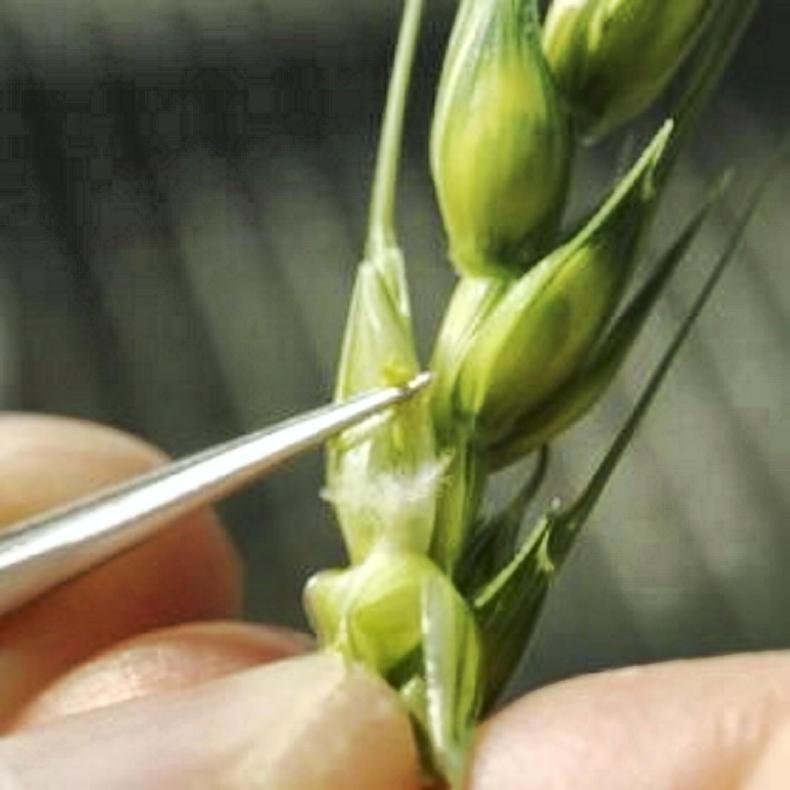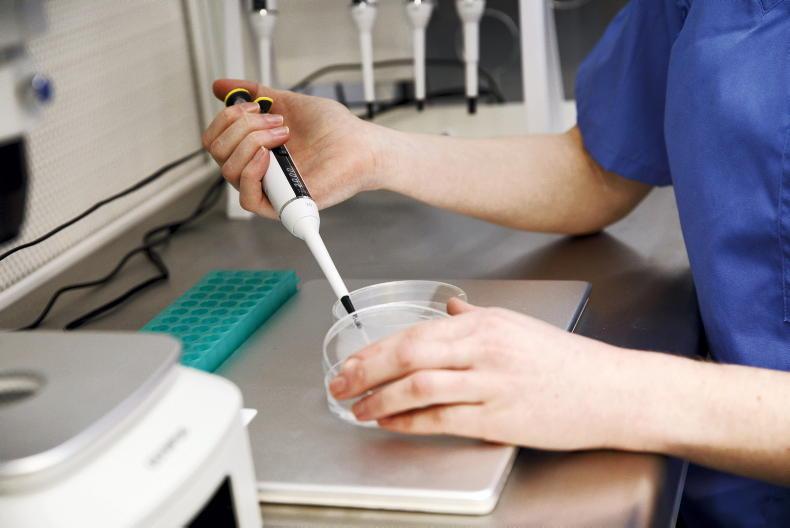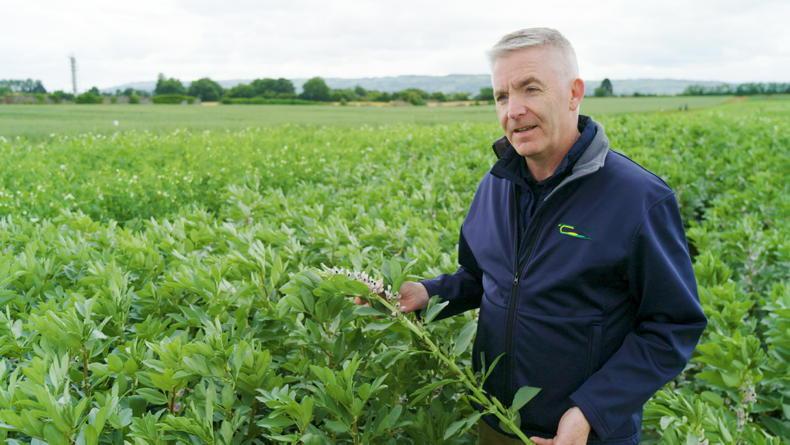The French Association of Plant Biotechnologies (AFBV) has backed the French Minister for Agriculture, Julien Denormandie’s, position in favour of new plant breeding techniques (NPBT).
AFBV is comprised of 100 researchers and experts in the field of green biotechnology.
In a statement, the group said that while France and Europe wish to reduce the use of plant protection products, they cannot refrain from using, as complementary solutions, all technologies available for the genetic improvement of plants.
In 2018, the European Court of Justice (ECJ) ruled that mutagenesis, i.e. using new breeding techniques to edit targeted genes of the same species, falls under rules applying to genetically modified organisms (GMOs), which incorporate DNA from a different species.
NPBT includes technology such as CrisperCas 9 and makes it possible to speed up and increase the efficiency of plant breeding. However, the use of NBT remains banned in EU member states.
“Obsolete European regulations”
Denormandie distinguished NPBT plants from GMO plants and called for a new regulatory framework to govern the development of these technologies.
AFBV stressed that the potential of gene editing innovation has been blocked by obsolete European regulations, which de facto prohibit the use of novel biotechnologies, while many competitors in world markets have access to them.
“A new regulatory framework adapted to the progress of science constitutes a positive step towards allowing the continuation of innovation in plant breeding,” the group said in their statement.
“This adaptation is also necessary to ensure our seed sovereignty, the first essential link in our food sovereignty,” it concluded.










SHARING OPTIONS